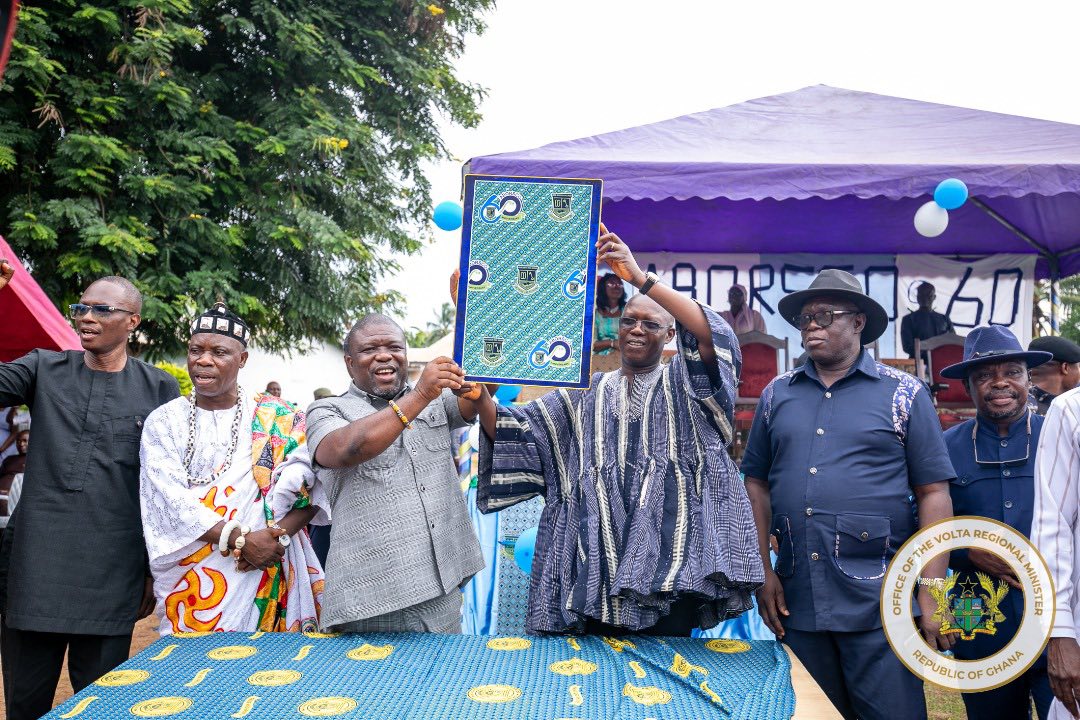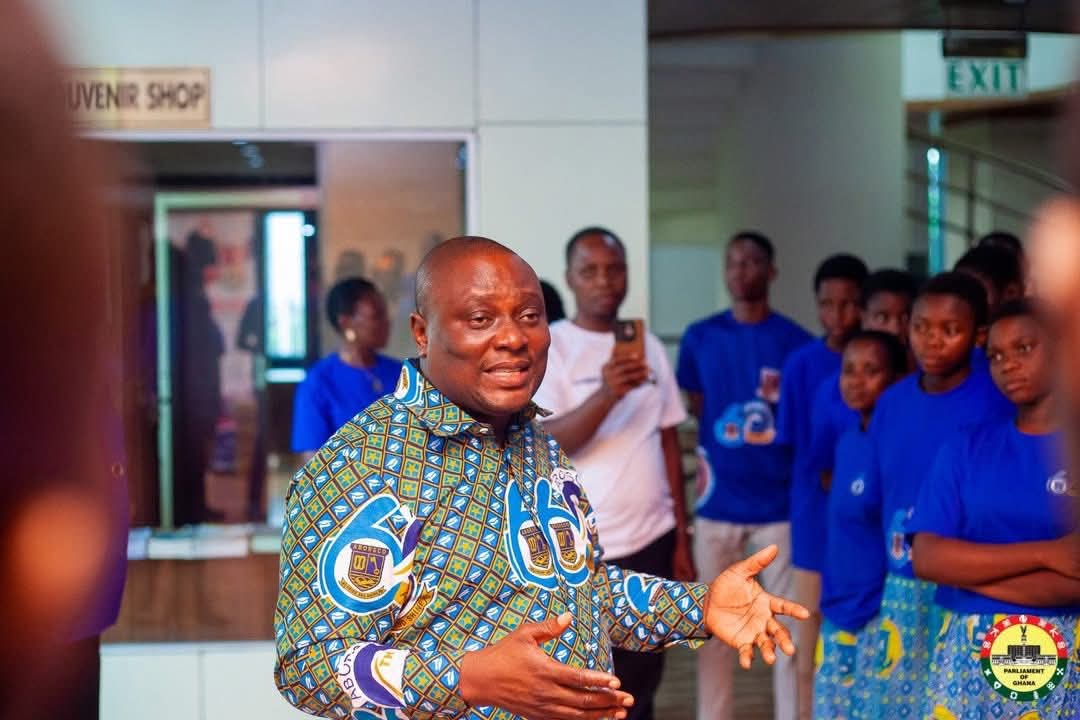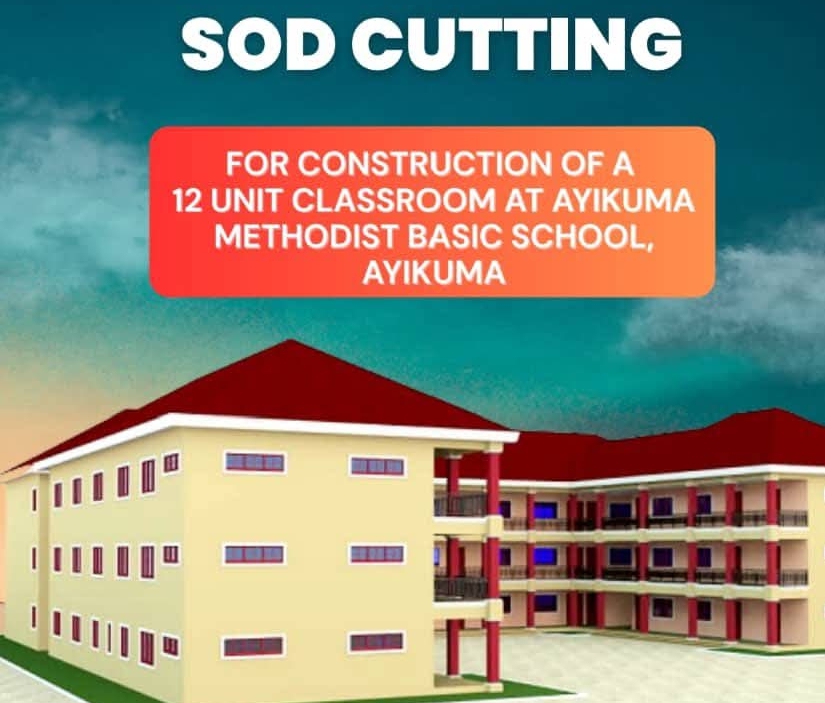The Monetary Policy Committee (MPC) of the Bank of Ghana begun its 125th
Regular Meetings today Monday, July 28, 2025, to Wednesday, July 30, 2025, to review developments in the economy.
The meetings will conclude with a press conference on Wednesday, July 30, 2025, to announce the decision of the Committee.
In his opening remarks Dr. Johnson Pandit Asiama, the Governor, reminded the members of the MPC mandate which to maintain price stability while enabling the conditions for inclusive and sustainable growth and asked that “we must be aware of the risks such as a resumption of exchange rate volatility, crude oil price increase, and the potential impact of some taxes to be imposed within the context of the mid-year budget review and how this will affect pricing behavior”, submitting that, “this can cause a shift in inflation expectations. I encourage staff and MPC members to maintain a strong focus on these forward-looking risks, policy trade-offs, and the need to provide credible guidance to the market”.
According to the Governor, the MPC is meet at a time when the global and domestic macroeconomic landscape continues to evolve, offering encouraging signs of recovery while exposing persistent vulnerabilities-Globally, growth momentum is moderating.
Dr. Johnson Asiama notes that the world economy is projected to expand at 2.8 percent in 2025, down from 3.3 percent in 2024, as higher interest rates, tighter financial conditions, and geopolitical tensions weigh on activity. Although the recent ceasefire in the Middle East has helped stabilize oil prices, trade tensions and elevated global borrowing costs continue to present downside risks. Global inflation is decelerating, but the disinflation path remains uneven and fragile.
On the domestic front, BoG Boss said, “Ghana’s economic recovery and stability are gaining traction and “the disinflation process has strengthened, with headline inflation declining for six consecutive months to 13.7 percent in June 2025, the lowest rate since December 2021. The decline reflects multiple reinforcing factors, including disciplined monetary and fiscal policy management and the appreciation of the cedi Economic activity has picked up significantly”.
To him, the provisional GDP data for the first quarter of 2025 indicate real growth of 5.3 percent, driven mainly by strong performance in agriculture and services. Non-oil GDP grew even faster at 6.8 percent. And, the “Bank’s Composite Index of Economic Activity rose by 4.4 percent in May, supported by robust consumption, increased trade volumes, cement sales, and a rebound in tourism. These improvements are mirrored in stronger business and consumer confidence, as reflected in recent PMI data. External sector conditions have also improved markedly. Ghana recorded a provisional trade surplus of US$5.6 billion in the first half of the year, more than four times higher than the same period in 2024. The current account surplus widened to US$3.4 billion, and the cedi appreciated strongly against major currencies: 42.6 percent against the US dollar, 30.3 percent against the British pound, and 25.6 percent against the euro”.
These gains he said have been underpinned by increased export receipts from gold and cocoa, robust remittance inflows, and renewed investor confidence following successful programme reviews under the IMF Extended Credit Facility.
On the fiscal front, significant progress has been made. The 2025 Mid-Year Budget Review highlights notable achievements: a primary surplus of 1.1 percent of GDP (well above the 0.4 percent target), a reduction in the overall fiscal deficit to 0.7 percent of GDP, and actual expenditures coming in 14.3 percent below target. Furthermore, Ghana has recorded a rare 15.6 percent reduction in public debt stock in the first half of the year, bringing the debt-to-GDP ratio down to 43.8 percent. These outcomes signal a credible path to debt sustainability and macroeconomic stability






































